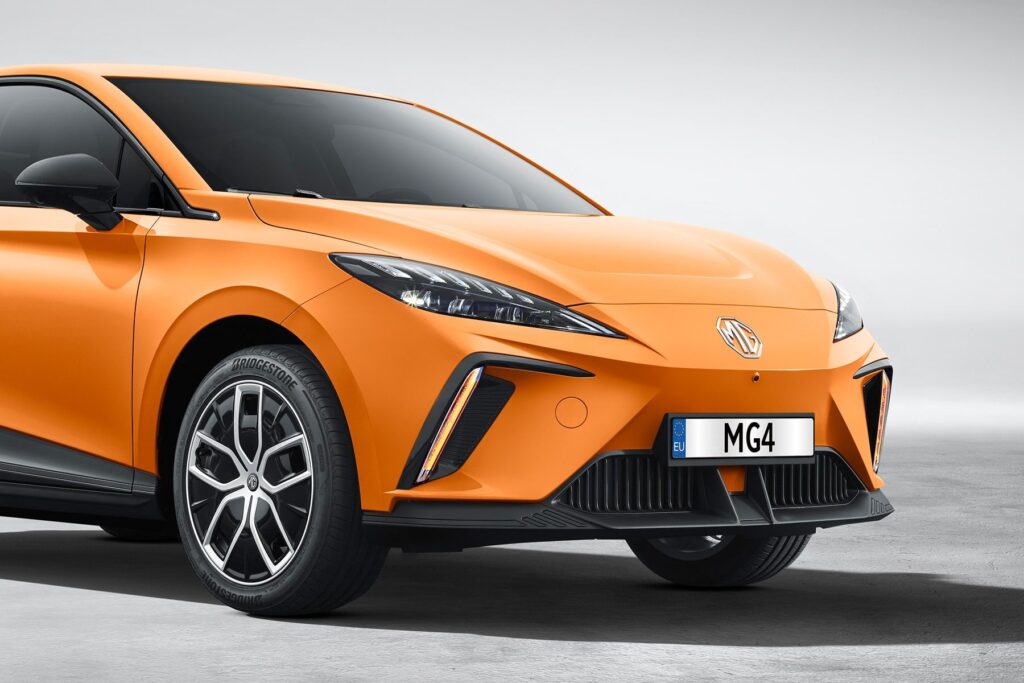New Provisional Special Duties on Chinese Electric Vehicles: A Comprehensive Overview
The European Union has recently imposed provisional special duties on the import of electric vehicles (EVs) from China. This move comes as part of a broader effort to counteract perceived unfair competitive advantages that Chinese manufacturers hold due to substantial government subsidies. The special duties, which differ slightly from the initially announced rates, reflect a significant regulatory action aimed at leveling the playing field for domestic car manufacturers within the EU.
Updated Duties and Their Impact
According to the latest announcement from Brussels:
- Geely models will face a special duty of 19.9%, slightly down from the originally announced 20.0%.
- SAIC’s rate has been reduced by 0.5 percentage points to 37.6%, still the highest among the manufacturers.
- BYD remains unchanged at 17.4%.
- Other Chinese manufacturers that cooperated with the EU investigation will be subject to a 20.8% special duty.
- For companies that did not cooperate, the duty rate is set at 37.6%, aligning with SAIC’s rate.
These special duties will be in addition to the existing 10% import duty, bringing the effective maximum customs duty to a steep 47.6%.
Timeline and Provisional Status
These duties are deemed ‘provisional,’ meaning they are calculated but not immediately collected, set to apply from July 5 for a maximum period of four months until November 5. The EU member states will need to decide on definitive duties by this deadline. If adopted, the special duties will be upheld for five years, with amounts calculated since July 5 being retrospectively collected. However, companies must lodge security deposits for the provisional duties right away.
Ongoing Talks and Future Prospects
Whether these duties will transition from provisional to permanent remains uncertain. German Chancellor Olaf Scholz has introduced his own proposal into the proceedings, and negotiations between Brussels and Beijing continue to intensify. “Consultations with the Chinese government have intensified in recent weeks, following an exchange of views between Executive Vice-President Valdis Dombrovskis and Chinese Trade Minister Wang Wentao,” stated the Commission. They emphasized that any negotiated outcome must effectively address the injurious forms of subsidization identified.
Context and Background
The special tariffs follow a meticulous anti-subsidy investigation by the EU Commission, begun months ago. The findings from this investigation indicated that Chinese electric car manufacturers benefit significantly from government subsidies, allowing them to price their vehicles more competitively in the European market. To mitigate this imbalance, the EU opted for manufacturer-specific special duties based on the subsidies identified.
Noteworthy is that these regulations apply not just to Chinese brands but to all electric vehicles manufactured in China. This implicates non-Chinese companies such as Tesla, BMW, and Cupra, which produce models in Chinese factories for the European market. Provided these companies cooperated with the investigation, they will face a 20.8% special duty.
The implications of these new duties are vast, reshaping the dynamics of the electric vehicle market within Europe. As the situation develops, all eyes are on the upcoming November deadline and potential diplomatic resolutions between the EU and China. For more information on the EU Commission’s announcements and ongoing developments, you can visit European Commission.
Stay tuned for more updates as this story unfolds.
